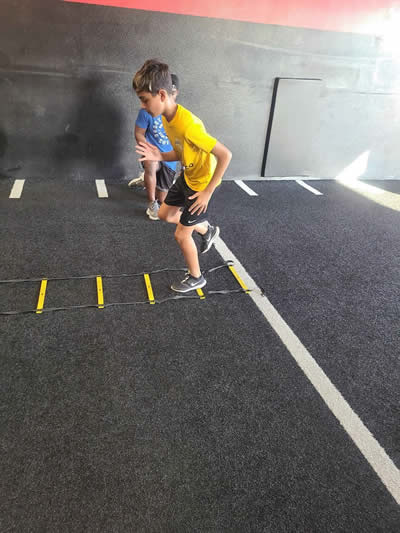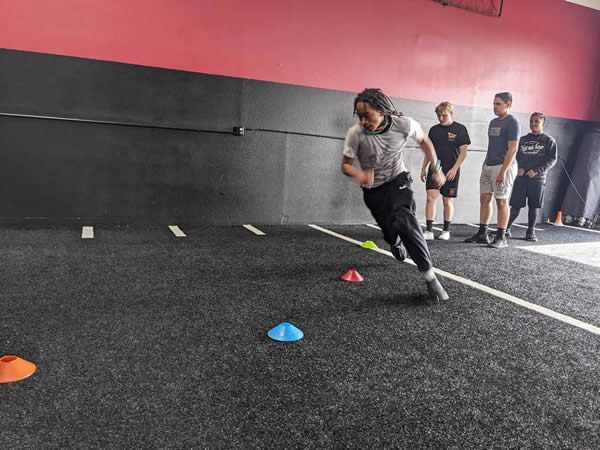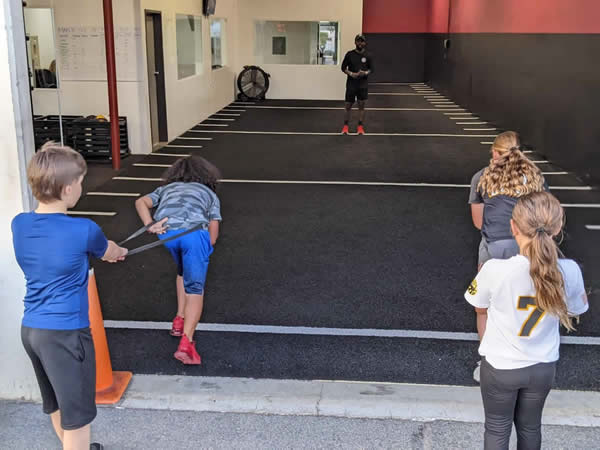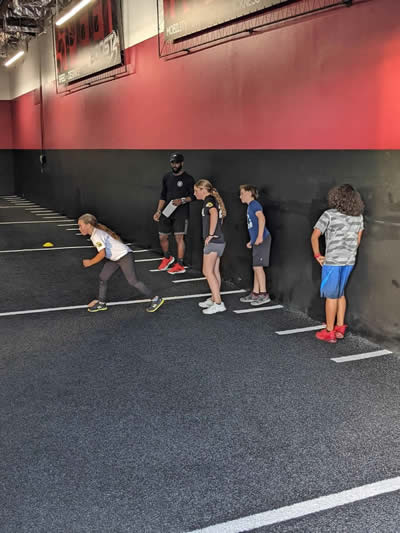
If you’ve read any of my blogs then what I’m going to say next should come as no surprise. Youth sports are not just about developing physical prowess; they’re about nurturing well-rounded athletes who can perform at their best while reducing the risk of injuries. (Sounds redundant? Good!) This is where the trio of agility, balance, and coordination steps into the spotlight. In this blog, I’ll explore why these three elements are the unsung heroes of youth athletic development and should be prioritized by all performance coaches working with young athletes.

Agility is the ability to change direction quickly and efficiently. It’s the secret weapon that enables athletes to evade opponents, make rapid plays, and swiftly adapt to the unpredictable nature of sports. Here’s why agility matters for youth athletes:

Balance
Balance is the cornerstone of every athlete’s stability, posture, and control. It’s a fundamental component of injury prevention and effective performance. Why is balance so crucial for young athletes?

Coordination is the skill of harmonizing different parts of the body to perform a task. In youth sports, it’s an indispensable tool that improves an athlete’s efficiency and control. Here’s why coordination is a game-changer:
Conclusion:

Agility, balance, and coordination are the building blocks of athletic success. They not only enhance performance but also mitigate the risks associated with youth sports. Encouraging young athletes to develop these skills is an investment in their future as well-rounded, resilient, and adaptable individuals both on and off the field. As they develop these attributes, they’ll not only be more proficient athletes but also better equipped for the challenges that life throws their way.

Owner, Boost Training Systems in Corona, CA
Level 1 & 2 Coach Bommarito Performance
CSCS, USAW